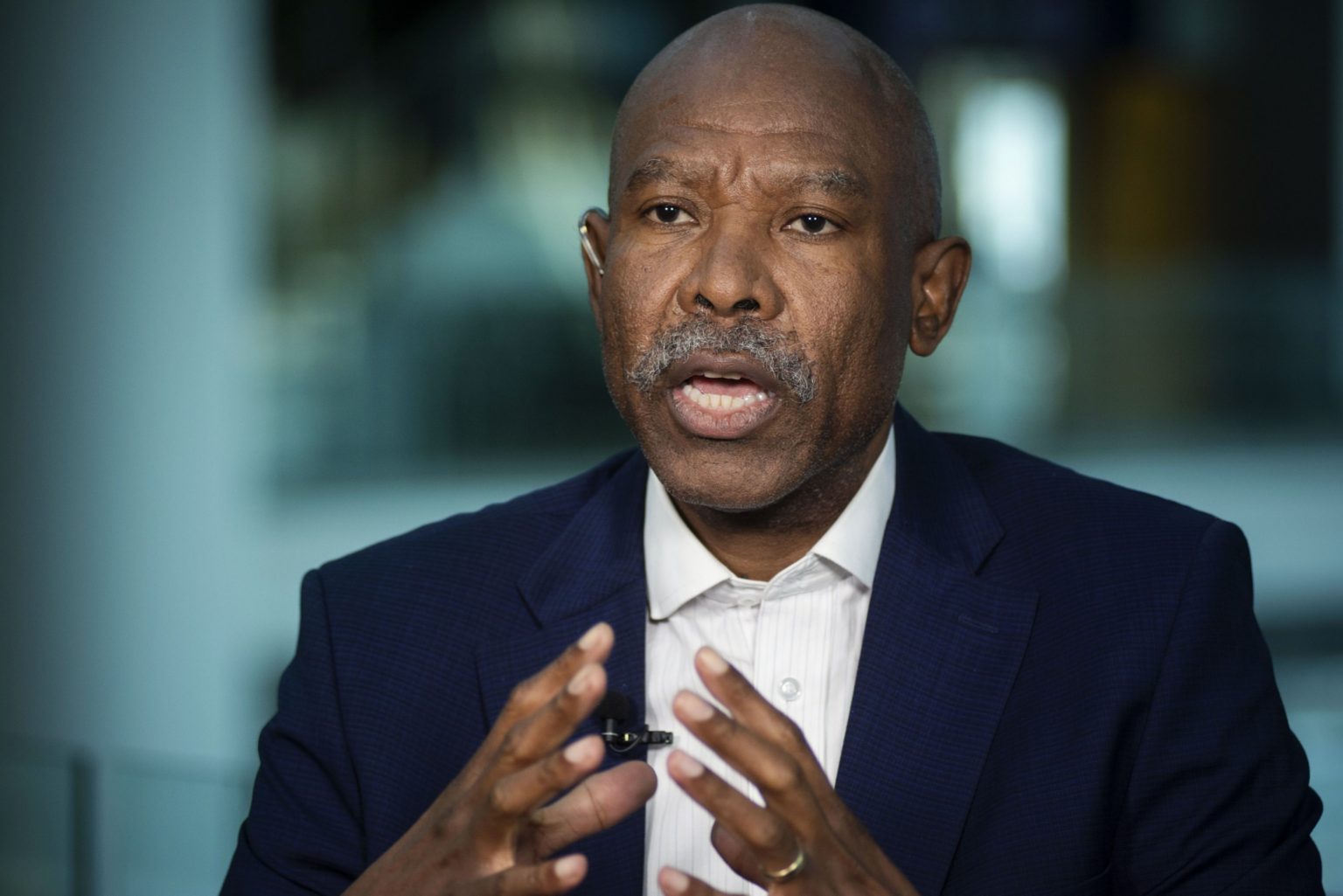Repo rate stays at 3.5% as expected

The repurchase (repo) rate of the South African Reserve Bank (Sarb) remains unchanged at a record low of 3.5%, governor Lesetja Kganyago announced on Thursday.
It was a widely expected move and follows the September meeting of the central bank’s Monetary Policy Committee (MPC) this week.
Kganyago said it was a unanimous decision to keep the repo rate on hold.
This means that the prime lending rate of commercial banks also remains at a five-decade low of 7%.
The Monetary Policy Committee has decided to hold the repurchase rate at 3.5%. The decision was unanimous. pic.twitter.com/j9HD1QZO9c
— SA Reserve Bank (@SAReserveBank) September 23, 2021
It is the seventh consecutive time that the MPC has opted to keep the repo rate on hold, after slashing rates by 300 basis points in total last year as a monetary policy measure to help mitigate the impact of the Covid-19 financial fallout.
Kganyago said the bank had revised its GDP growth forecast upward for this year, while its forecast for fixed investment has also been revised up but remains constrained.
“We expect the economy to grow by an upwardly revised 5.3% this year [from 4.2%), despite the much larger negative effect on output than was previously estimated from the July unrest.”
“The July events and the pandemic are likely to have lasting effects on investor confidence and job creation, impeding recovery in labour-intensive sectors hardest hit by the lockdowns. GDP is expected to grow by 1.7% in 2022 [down from 2.3%] and by 1.8% in 2023 [down from 2.4%],” he added.
Kganyago noted that while the third wave of the Covid-19 pandemic had peaked in SA, further waves of infection are likely to continue and presented a risk to economic growth.
“A steady improvement in vaccination rates will sustain confidence and global economic growth, even with expected further waves of the Covid-19 virus. However, vaccination rates are lagging in many emerging market and developing economies,” he said.
The governor did not specifically make any comment on SA’s vaccination rate.
“The virus however is only one of a series of current risks to the economic recovery that include rising inflation, weaker commodity export prices, and the longer term impact of scarring from the pandemic and the July unrest,” he said.
MPC STATEMENT: While the Covid-19 virus has peaked in South Africa, waves of infection are likely to continue, leading to poor economic outcomes #SARBMPCSEP21@KganyagoLesetja pic.twitter.com/V8vDj85UHB
— SA Reserve Bank (@SAReserveBank) September 23, 2021
Reacting to the latest MPC decision, FNB chief economist Mamello Matikinca-Ngwenya noted that it was in line with FNB’s and market expectations.
“Despite the recent unrest, the better-than-expected Q2 [2021] growth outcomes, combined with continued government income support to vulnerable households, suggest that 2021 annual GDP growth will likely be better than initially anticipated,” she said, in-line with similar sentiments expressed by Kganyago.
“Headline inflation has continued to moderate from the recent peak but held marginally above the mid-point of the target range by elevated food, fuel and electricity price inflation.
“Stripping these out, however, core inflation remains low around the lower target of 3%, a clear indication that demand pull inflation is still subdued. So, while recovery is gaining momentum, the economy is still in need of support and as such, the Sarb should maintain the accommodative stance for longer,” Matikinca-Ngwenya added.

